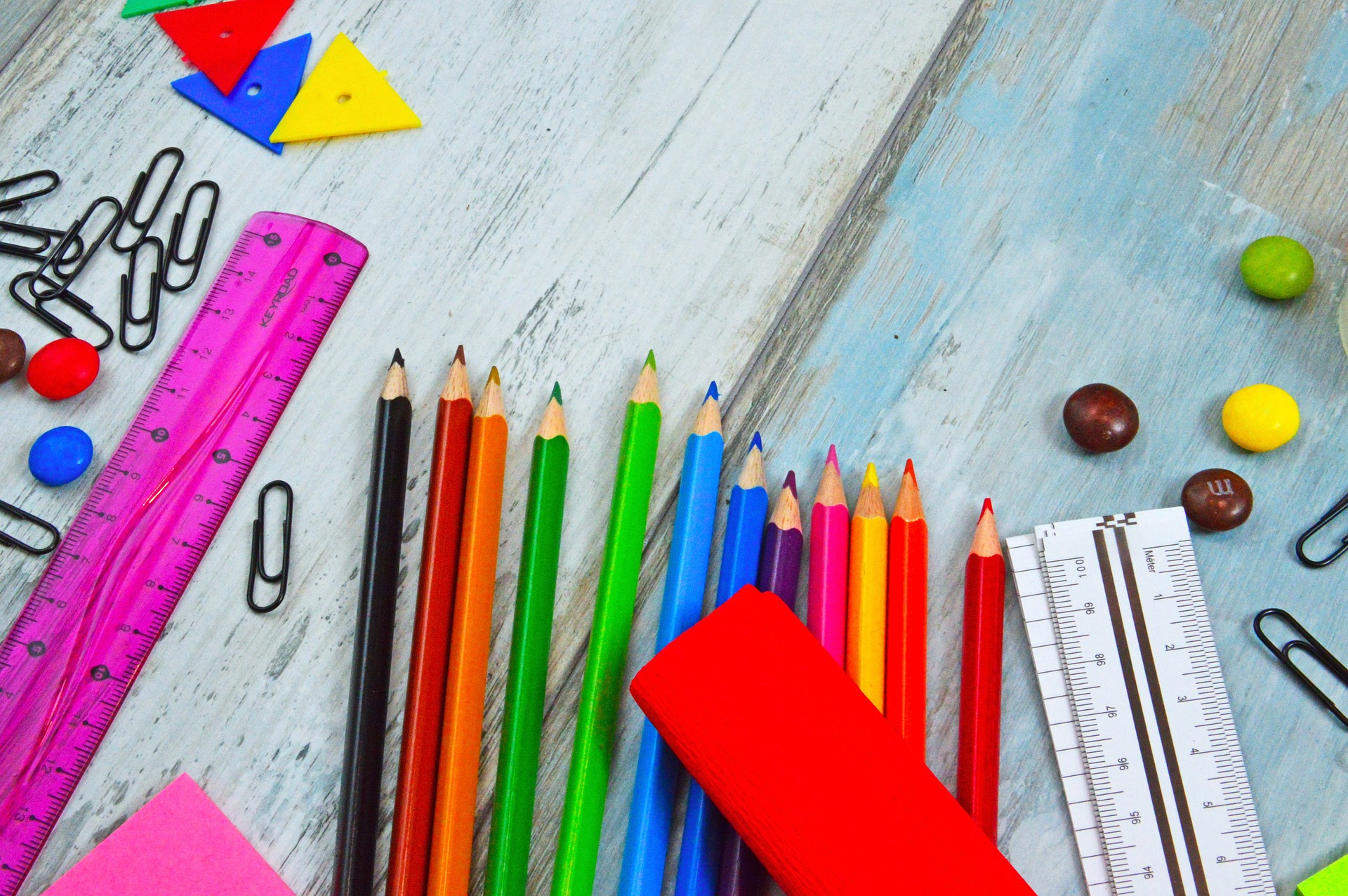Why Online Special Education Assessments Are Changing the Way Parents Seek Help
For many parents, the first step in helping their child succeed is understanding their unique learning needs. Traditionally, this required in-person visits with specialists, lengthy appointments, and lots of paperwork. Today, however, online special education assessments are making this process easier, faster, and more accessible for families everywhere.
What is an Online Special Education Assessment?
An online special education assessment is a virtual evaluation that helps identify learning difficulties, developmental delays, or behavioral challenges in children. Instead of requiring multiple physical appointments, these assessments are conducted through secure digital platforms.
Parents can connect with psychologists, speech therapists, occupational therapists, or special educators from the comfort of their home. With video conferencing, interactive tools, and structured questionnaires, experts can evaluate a child’s strengths and challenges effectively.
Benefits of Going Online
1. Convenience for Families
Parents no longer need to commute to multiple clinics or schools. Assessments can be scheduled at a time that works for the family, reducing stress for both the child and the parent.
2. Early Identification
Waiting lists for traditional assessments can be long. Online assessments provide quicker access, which means children get the help they need sooner.
3. Expert Access Across Borders
Families can connect with highly trained professionals regardless of their location. This is especially useful in areas where special education specialists are limited.
4. Parent-Friendly Approach
Many platforms provide clear reports, step-by-step guidance, and follow-up consultations to help parents understand results and next steps.
What Areas Can Be Assessed Online?
Online assessments cover a wide range of needs, including:
- Learning disabilities such as dyslexia or dyscalculia
- Speech and language delays
- Behavioral and emotional concerns
- Attention and focus issues (ADHD)
- Autism spectrum indicators
- Cognitive strengths and weaknesses
While some assessments may still require in-person observation, many initial screenings and evaluations can be done effectively online.
How the Process Works
- Initial screening: Parents fill out detailed forms or questionnaires.
- Virtual sessions: A specialist interacts with the child via video call, using age-appropriate activities and tasks.
- Parent interview: Parents share observations about their child’s learning and behavior.
- Analysis and report: Experts provide a written evaluation outlining strengths, challenges, and recommendations.
- Next steps: Suggestions may include therapy, individualized education plans (IEPs), or skill-building activities at home.
Why Parents Prefer Online Assessments
- Faster results compared to traditional systems
- Less intimidating for children since they are in a familiar environment
- Cost-effective, with flexible pricing options
- Continuous support through follow-up virtual sessions
The Future of Special Education Assessments
As technology advances, online assessments are becoming increasingly reliable and widely accepted. They allow parents to take action early and empower children to receive tailored support at the right time.
For families looking for answers, an online special education assessment is more than just a test — it’s a pathway to understanding, support, and long-term success.


